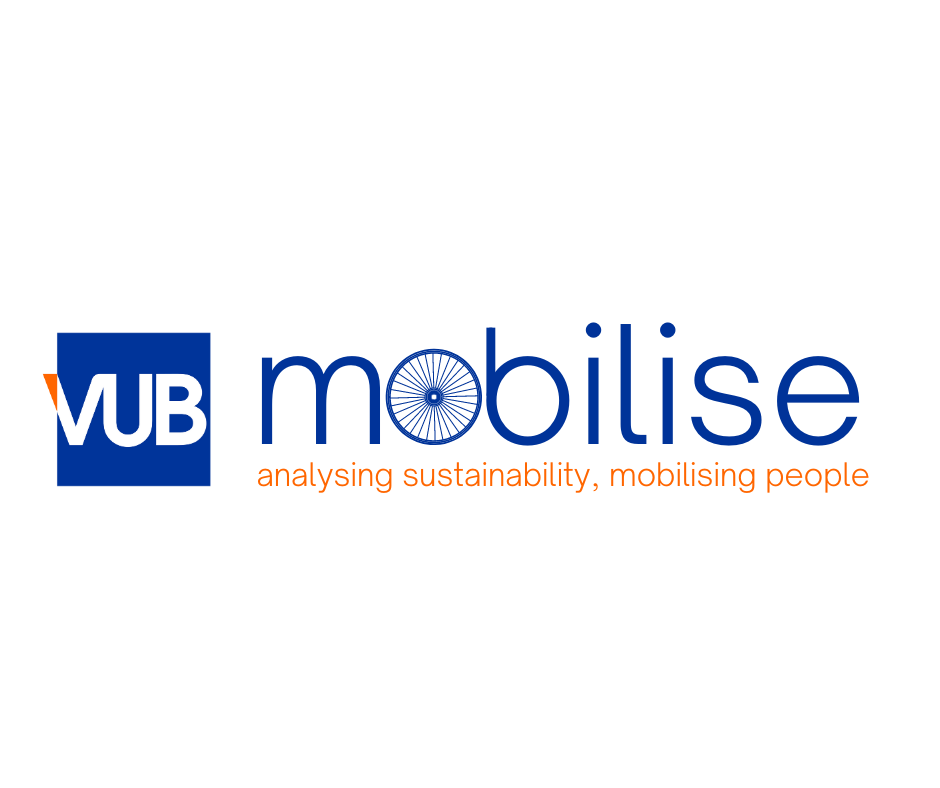

On August 29th, 2025, Shafagh Alaei-Jordehi successfully defended her PhD at the Vrije Universiteit Brussel (VUB) with her dissertation entitled “From Resistance to Readiness: The Impact of Advanced Modeling on Synchromodal Transport Integration”. Her research focuses on the transition to collaborative synchromodal transport, with the aim of enhancing flexibility, efficiency, and sustainability in freight transport.
Shafagh holds a Master’s degree in Maritime and Air Transport Management from the University of Antwerp, Belgium. Prior to that, she obtained a Master’s degree in Railway Engineering from the Iran University of Science and Technology, and a Bachelor’s degree in Industrial Engineering from Alzahra University, Iran. Before joining the Mobilise Research Group at VUB, she gained professional experience in the transport and logistics industry.
At VUB, her PhD research was carried out under the supervision of Prof. Koen Mommens, Prof. Cathy Macharis, and Dr. Javier Durán Micco (TU Delft), as part of the Mobilise group’s broader focus on sustainable logistics and innovative transport systems.
In her thesis, Shafagh identifies the key barriers that hinder synchromodal adoption, demonstrates how simulation modeling can support policy and collaboration decisions, and develops optimization techniques for vehicle–depot assignment problems in synchromodal network.

Her key findings highlight that:
· Several systemic barriers hinder synchromodal adoption, including limited awareness, data privacy concerns, lack of trust in collaborative models, and insufficient integration of sustainability goals.
· Agent-based simulation provides a risk-free environment to test planning strategies, showing that flexibility and collaboration can reduce costs, emissions, and delays.
· Collaboration gains among logistics service providers are unevenly distributed, underlining the need for fair and transparent benefit-sharing mechanisms.
· Data-efficient optimization methods, such as Bayesian optimization, can effectively guide complex decisions (e.g., fleet-depot allocation) even under uncertainty.
· While these tools do not directly remove barriers, they provide essential decision support by improving transparency, demonstrating potential gains, and enabling adaptive planning - helping to build confidence and facilitate the adoption of collaborative synchromodal transport.
